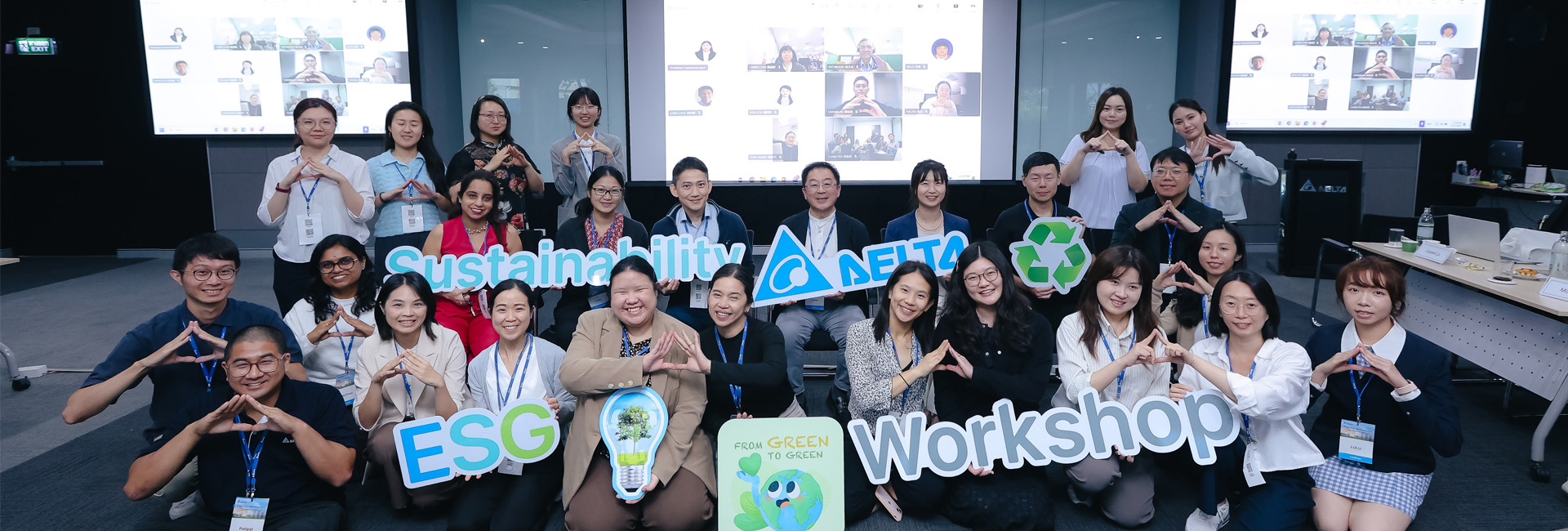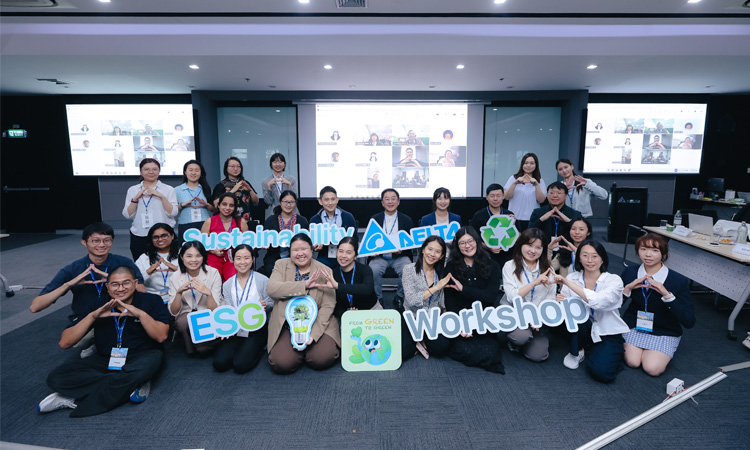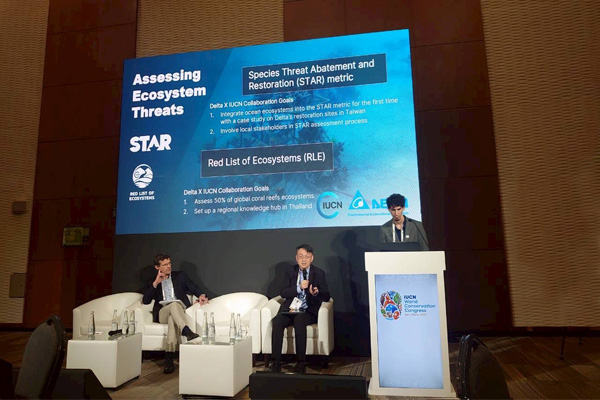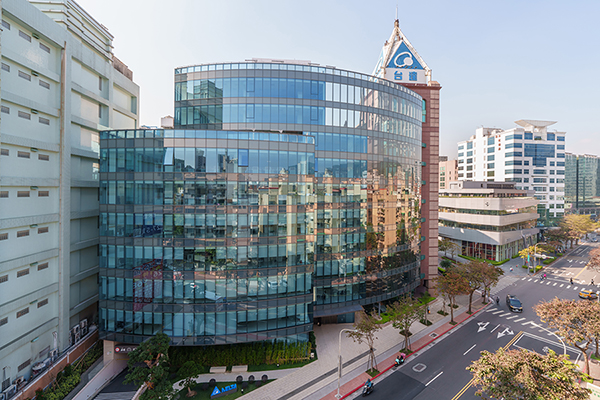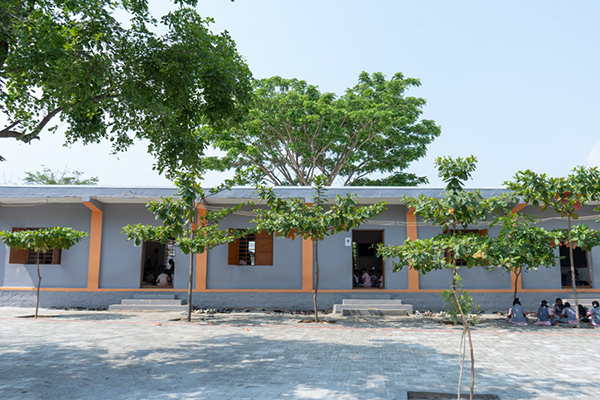The 2025 Delta ESG Workshop recently took place in sunny Bangkok, Thailand, bringing together over 20 sustainability professionals from seven major regions worldwide for two days of intensive discussion and exchange. Centering on the core themes of Sharing, Alignment, and Collaboration, the workshop provided a platform for ESG colleagues to discuss the daily challenges of promoting sustainability while sparking new ideas and solutions through shared experiences. Key takeaways included the rising regional importance of Product Carbon Footprint (PCF) and EcoVadis assessments, the alignment of sustainability reporting disclosure frameworks, and the use of systematic mechanisms to achieve greenhouse gas (GHG) inventories more efficiently. The sessions also fostered team consensus and strengthened cross-regional relationships to maximize Delta’s collective impact.
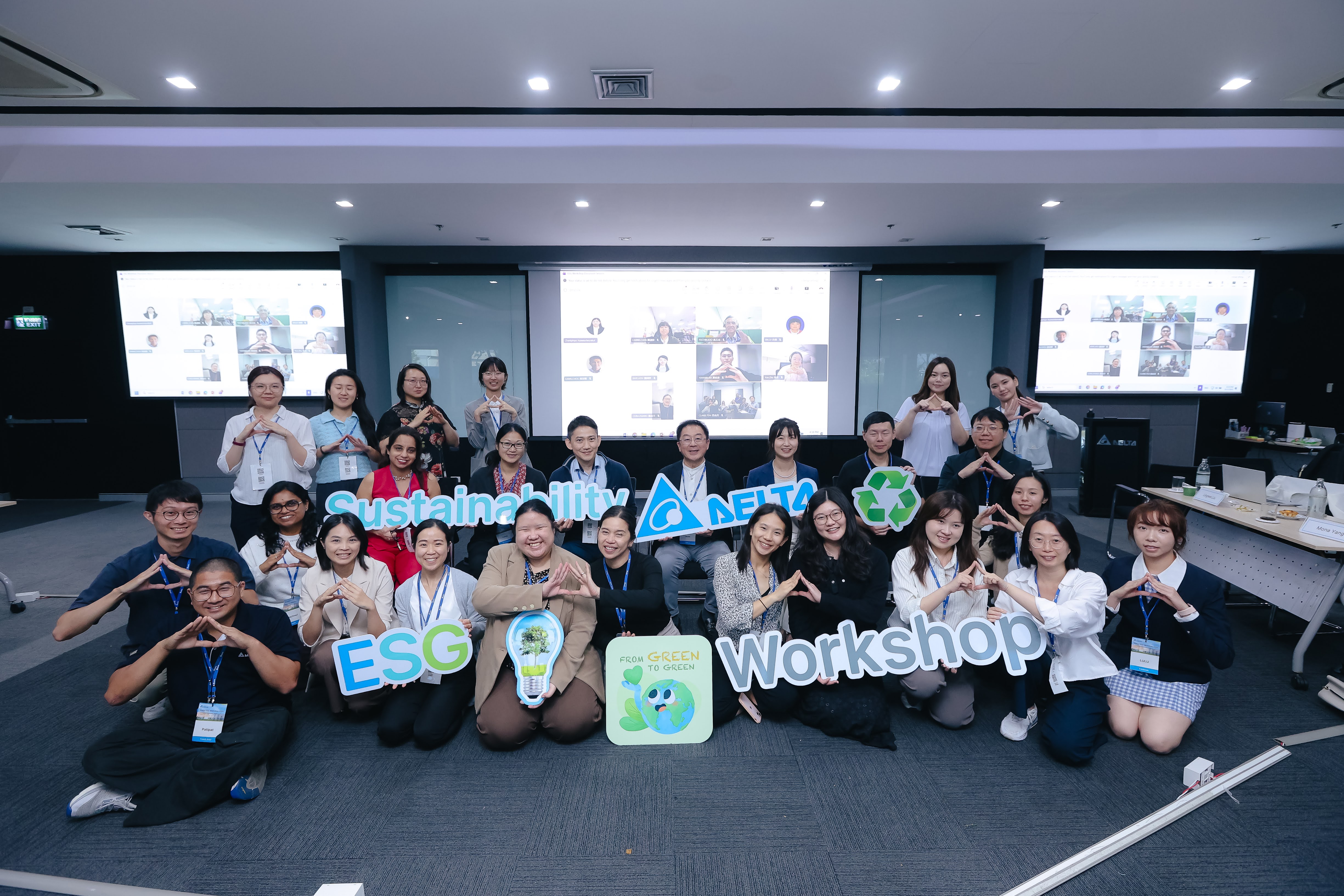
Global ESG colleagues gathered in Thailand for collaborative exchange
Bridging regional insights for a cohesive global framework
The workshop agenda covered regional regulatory trends, critical challenges in sustainability implementation, highlights of regional achievements, and future action plans. These exchanges clearly demonstrated that as global ESG frameworks and climate regulations mature, sustainability disclosure has evolved from an "added value" to a fundamental business requirement. Every region must now prioritize the data quality, consistency, and comparability of climate and sustainability information. Furthermore, as demand from key customers for PCF data rises and stakeholders place higher expectations on EcoVadis scores and supply chain responsibility, Delta's ESG teams must collaborate closely with internal departments. By utilizing institutionalized and systematic approaches, Delta aims to build reliable data foundations, identify improvement opportunities, and drive substantive, scalable sustainability actions.
The workshop also featured two core thematic discussions. The first focused on "Global GHG Inventory and Verification," where teams systematically identified practical difficulties and shared pain points in the verification process to brainstorm feasible solutions. The second addressed "Global ESG Reporting Alignment," clarifying regional regulatory differences to promote resource sharing on common issues while respecting local requirements. This supports Delta’s steady progress toward the goal of publishing a consolidated group sustainability report in 2028 that complies with diverse international frameworks.
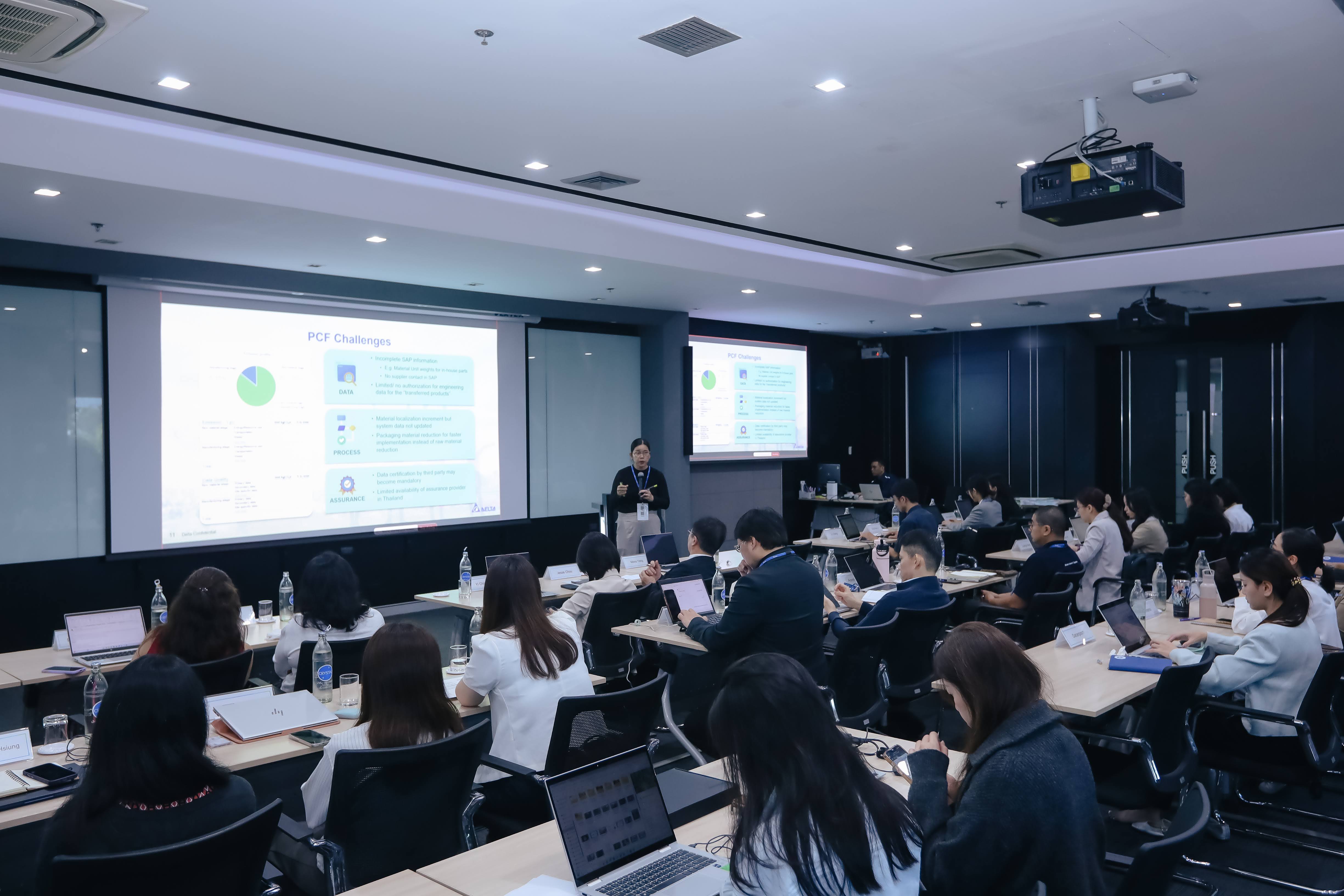
Regional ESG representatives shared local sustainability trends, implementation strategies, and future outlooks
Driving growth through sustainability and ESG expertise
Beyond regional sharing, the workshop invited the ESG Consulting Office to provide an overview of ESG business development. This session illustrated how Delta combines core technology with sustainability expertise to meet market expectations for green solutions, creating opportunities for cross-regional business links. This alignment echoes Chairman Ping Cheng’s vision: Leveraging the power of sustainable development to expand the frontiers of green business, highlighting Delta’s long-term direction of using sustainability as a primary driver for future growth.
Hosted and meticulously organized by the Thailand team, the workshop concluded successfully with visits to local manufacturing plants and the showroom. These visits allowed participants to witness Delta Thailand’s achievements in strategic operation, technical application, and sustainability practices firsthand. Through this face-to-face interaction, the global ESG team has built a more cohesive partnership and strengthened mutual trust. Moving forward, the Delta global ESG team will continue to deepen collaboration and accelerate resource integration to maximize the synergy of the Group’s sustainability governance.

Visiting Delta Thailand’s facilities to learn about achievements in strategic operations, technical applications, and sustainability practices





